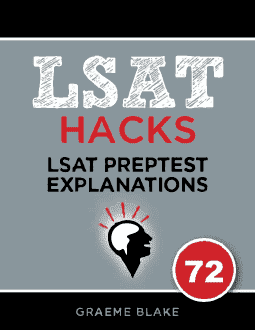DISCUSSION: The author thinks the UNESCO regulations are well intentioned (see paragraph 2 and lines 30-31 “painful irony”). However, the author believes that the UNESCO regulations have the unfortunate effect of discouraging documentation of artifacts (paragraph 3).
___________
- CORRECT. The fourth paragraph and lines 41-47 support this. The author is proposing a way that UNESCO could help countries like Mali.
- Nonsense. This gets things backwards. UNESCO made regulations, and countries like Mali made laws that were in accord with the regulations. See lines 21-25 – many countries used the regulations to justify laws.
- The passage never talks about laws or initiatives that cover multiple states.
- The author never says that Mali has concerns that UNESCO ignored. In fact, the passage suggests that UNESCO completely supports Mali. The problem is that countries like Mali lack resources to enforce laws or fund excavations.
- We know Mali had inadequate funding. But the passage never says UNESCO has inadequate funding. Maybe UNESCO has lots of money. But UNESCO doesn’t have jurisdiction to enforce Mali’s laws, so UNESCO’s money might be of no use in preventing looting.


I didn’t read E as necessitating that “inadequate funding” be applied to UNESCO. It sounds like it is the case that inadequate funding has hampered the limiting of loss of cultural knowledge in Mali. I know we aren’t given examples of other countries for whom that is true. But I didn’t interpret the author as necessarily believing that UNESCO can play an important role even with the proposal (only that UNESCO wants to). Do you mind elaborating on why E is wrong and A is correct?
(A) is correct because it is very strongly supported by the fourth paragraph. We’re being asked which statement the author would agree with, and it’s clear they would agree with (A) because they outline a proposal for how UNESCO could have helped Mali to avoid the situation that occurred at Djenne-jeno, i.e. UNESCO “can play an important role” according to the author. If the author questioned the efficacy of UNESCO, they wouldn’t suggest such a proposal.
(E) is incorrect because we have virtually no evidence in the passage that UNESCO has inadequate funding. The only line reference we have re: inadequate funding applies to Mali (lines 4-5).